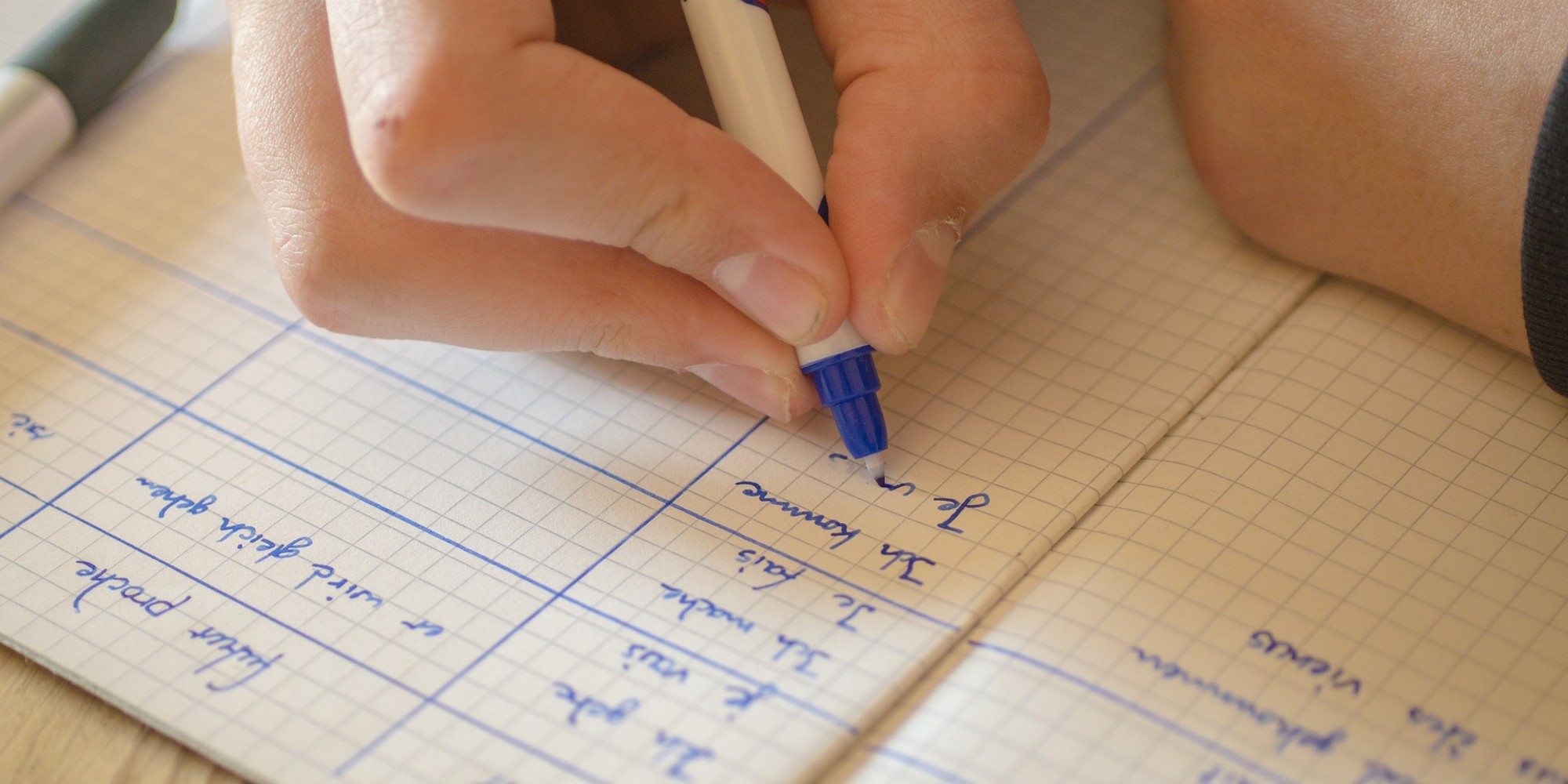Juline Garnier 5:54 p.m., May 26, 2022
In France, are we as bad as we pretend to be when it comes to learning new languages?
How to improve your English, Spanish or learn a whole new language?
In Bienfait pour vous, Brigitte Lallement, specialist in teaching English, and Super Heco, YouTubeur, distill their advice at the microphone of Julia Vignali and Mélanie Gomez.
"Bryan is in the kitchen".
For many, this simple sentence taken from English learning manuals is indicative of a very French evil: we are useless in the practice and learning of foreign languages.
"International surveys show that indeed we are not very good. But French, culturally, was at one time the equivalent of what English is today, namely an internationally recognized language. And From that, we kept the idea that French is still better than anything", begins Brigitte Lallement, specialist in teaching English.
For the French, the problem is therefore primarily cultural.
The school, and in particular its methods for learning languages, often based on a lot of writings, is also singled out.
Create a passion for the practice of a language
"I think the mistake is that we focus a lot more on studying the language than on practicing it. All that is irregular verbs, grammar, syntax, it's important but I think it's t is something that is very boring, which is very off-putting and which prevents you from falling in love with a language", explains Super Heco, YouTuber and author of the "
ultimate guide to learning everything and becoming a superhero"
.
>> Find all the programs of Mélanie Gomez and Julia Vignali from 11 a.m. to 12:30 p.m. on Europe 1 in replay and podcast here
For the coach, to become bilingual or simply to be comfortable in the practice of a language, you must first acquire a passion, a love.
It is therefore necessary, at school or elsewhere, to create a craze before launching.
How can you forget your "French accent"?
One of the biggest obstacles to speaking another language, for example English, is often the lack of accent control.
We are shy, we don't dare and we are afraid of not being understood or of being ridiculous.
But for Brigitte Lallement and Super Heco, only the meaning of a sentence counts: the one we understand and the one we express.
But what if one is ashamed to speak?
"I think it's often a matter of desensitization. You get used to this malaise, this unease just talking to people. But you can do that little by little. Start by building sentences alone at home and practice saying them, then speak this language with a loved one and finally in a situation with strangers", says Super Heco.
Keep a pace of practice
It is also necessary to keep a certain rhythm.
If the language learned is used in a professional or personal context, then there are more opportunities to practice it and maintain the level acquired.
On the other hand, in the case of a completely new language learned in six months, Super Heco recommends practicing it at least one hour per week.
>> READ ALSO -
Three platforms for learning a foreign language differently
For her part, Brigitte Lallement advises going on an exchange or on a trip to the country of origin of the language, but you still have to have the means.
Otherwise, applications are springing up everywhere to learn from home and be in contact with natives of the language.
Learn languages to train your brain
In addition to being socially useful, learning a language is very good for the brain.
"It's like a sport that you do for your body, but for your mind. Many people stop learning after a while and that's also why there is aging of cells, the aging of neurons. There are diseases that can happen like Alzheimer's. So in fact, it's more of a sport that you do for your mind which allows you to reverse a lot of diseases, even if it's the learning in general, as soon as we finally work on memory", explains Super Heco.
And in this brain gymnastics, for children of immigrant origin, bilingual in French and with the language of the country of origin of one of the parents, learning new languages seems easier.
Even if for Brigitte Lallement, this remains to be demonstrated.

